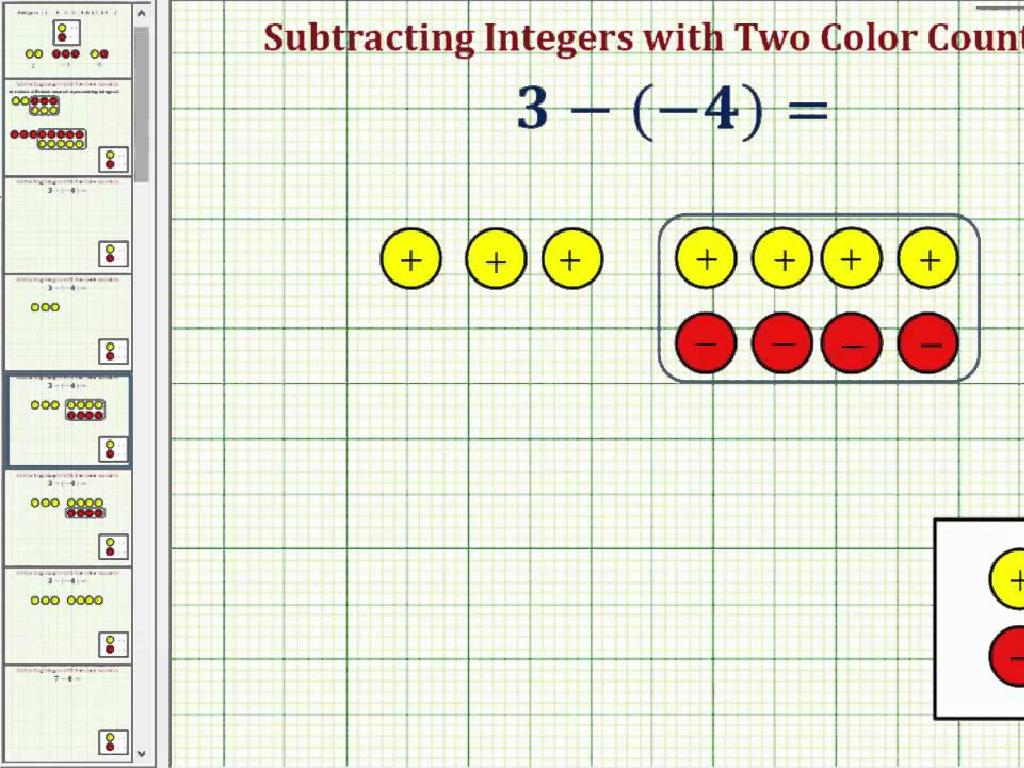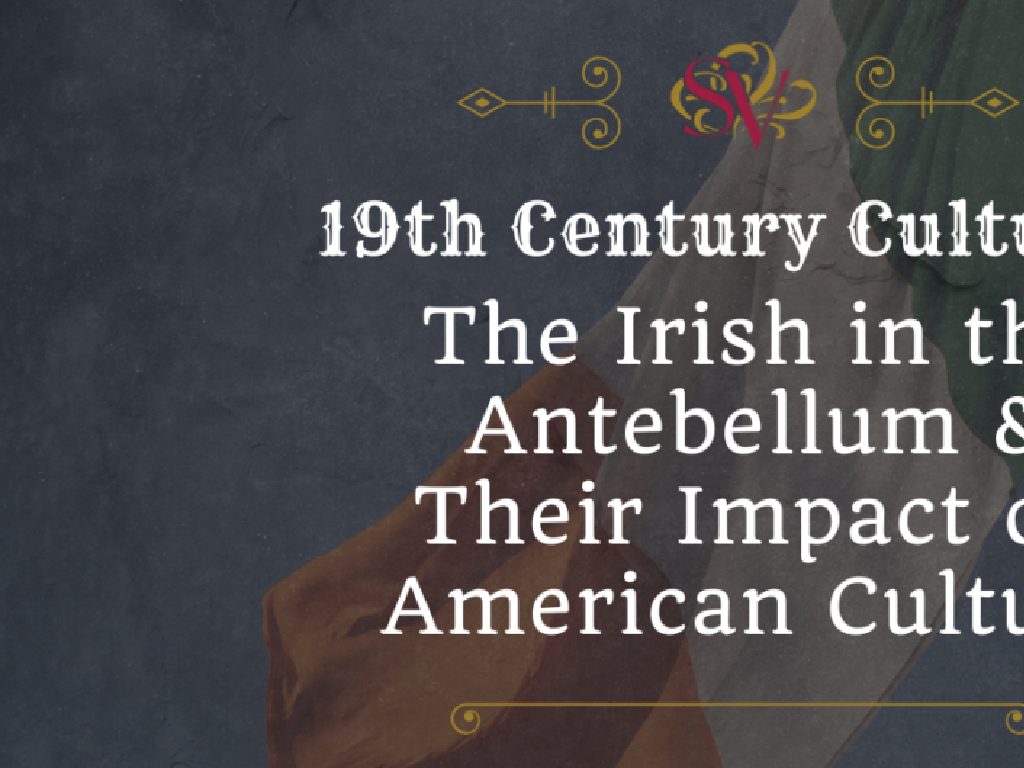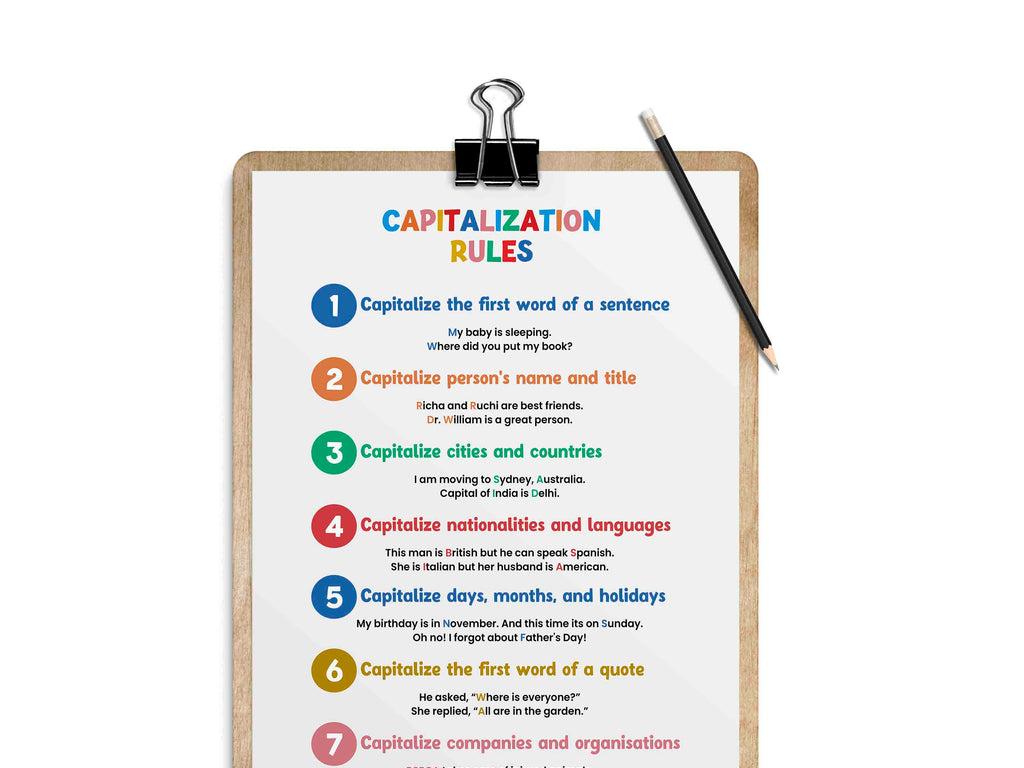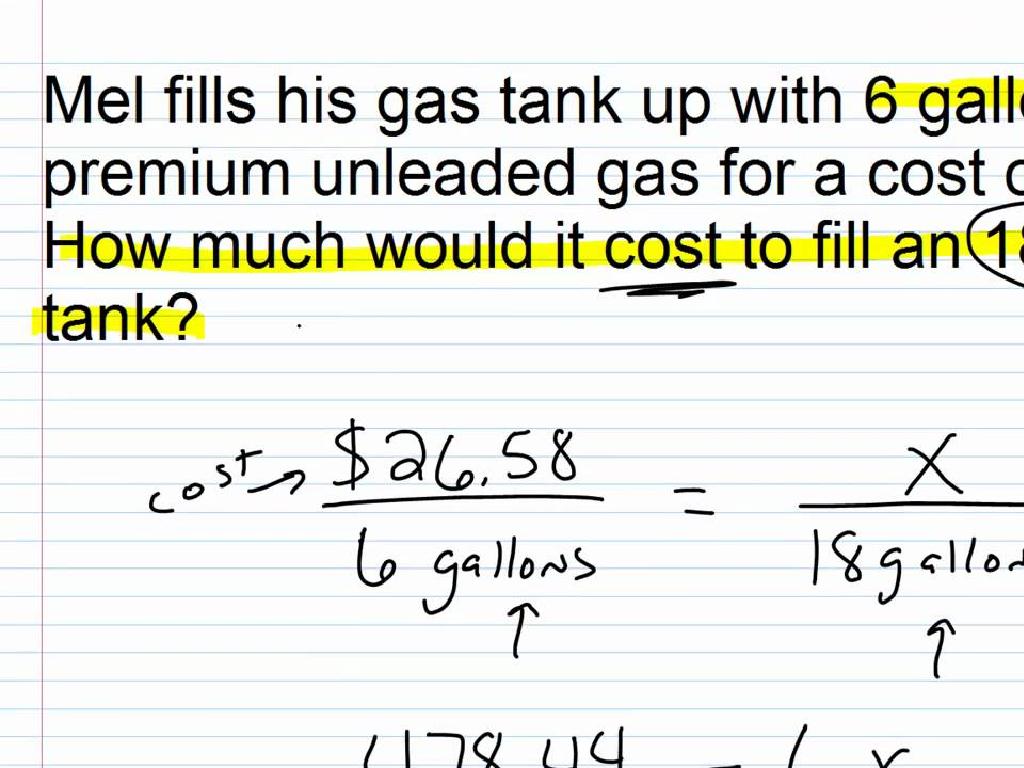The Enlightenment: Influences On Government
Subject: Social studies
Grade: Eighth grade
Topic: Early Modern Europe
Please LOG IN to download the presentation. Access is available to registered users only.
View More Content
The Enlightenment’s Impact on Government
– The Enlightenment: An overview
– A cultural movement emphasizing reason and individualism over tradition.
– Significance in Early Modern Europe
– It marked a shift in thought, influencing art, science, and politics.
– Enlightenment ideas shaping governments
– Ideas like freedom, democracy, and equality influenced state governance.
– Examples of modern government influences
– The U.S. Constitution reflects Enlightenment principles like checks and balances.
|
This slide introduces students to The Enlightenment, a pivotal period in history that profoundly influenced the development of modern governments. Emphasize the shift from traditional to rational thought and how this period championed individualism and reason. Discuss the significant impact of Enlightenment thinkers on political theory and the formation of democratic institutions. Highlight how the principles of liberty, democracy, and justice became foundational to modern states, with the U.S. Constitution serving as a prime example of Enlightenment ideas in practice. Encourage students to consider how these ideas continue to influence government and society today.
Key Philosophers of The Enlightenment
– John Locke’s influence on liberalism
– Advocated for natural rights: life, liberty, property
– Voltaire: Champion of free speech
– Criticized intolerance, stressed importance of expression
– Rousseau’s Social Contract theory
– Introduced concept of collective governing agreement
– Impact on modern governance
|
This slide introduces students to three pivotal figures of the Enlightenment and their contributions to political thought. John Locke is presented as the ‘Father of Liberalism,’ emphasizing his ideas on natural rights which influenced the founding principles of many democratic governments. Voltaire’s fierce advocacy for freedom of speech laid the groundwork for the value modern societies place on free expression. Jean-Jacques Rousseau’s Social Contract theory introduced the idea that governments are bound to serve the will of the people, a concept that is central to many of today’s political systems. The slide aims to connect these historical ideas to their lasting impact on how contemporary governments operate, fostering a deeper understanding of the roots of modern political ideologies.
Enlightenment Ideals and Government
– Core values: Liberty, Equality, Fraternity
– Fundamental principles that inspired revolutions
– Emphasis on Rationalism
– Knowledge and reason as tools for progress
– Secularism in governance
– Advocating for the church’s separation from political affairs
– Impact on modern governments
|
This slide introduces students to the key ideals of the Enlightenment and how they influenced the formation of modern governments. Liberty, Equality, and Fraternity were slogans that encapsulated the desire for human rights and democratic principles. Rationalism emphasized the use of reason and scientific methods to gain knowledge, moving away from superstition. Secularism pushed for the separation of church and state, ensuring that religious institutions do not wield direct political power. These ideals have profoundly shaped the democratic institutions and concepts of human rights that we are familiar with today. Encourage students to think about how these ideals appear in our government and society now, and how they continue to influence contemporary political thought.
The Enlightenment’s Impact on Government
– Enlightenment influence on U.S. Constitution
– Ideas like separation of powers shaped the Constitution
– Bill of Rights ensures freedoms
– First 10 amendments protect personal liberties
– Contrast with pre-Enlightenment rule
– Absolute monarchies lacked citizen input and rights
– Enlightenment ideals in modern governance
|
This slide explores the profound effect of Enlightenment thinking on the formation of the United States government. Highlight how philosophers like Montesquieu and Locke influenced the framers of the Constitution, particularly in the creation of a system with checks and balances. Discuss the Bill of Rights as a cornerstone for protecting individual freedoms, which was a radical shift from the lack of personal liberties under pre-Enlightenment monarchies. Contrast the democratic principles that arose from the Enlightenment with the autocratic rule of earlier times to show the shift towards modern democratic governance. Encourage students to think about how these historical changes continue to impact their lives today.
Enlightenment and Revolutions: Shaping Governments
– The American Revolution’s impact
– Sparked by Enlightenment, it led to U.S. independence.
– French Revolution: A people’s uprising
– Overthrew monarchy, emphasized liberty and equality.
– Democratic ideals go global
– Ideas of democracy influenced nations worldwide.
– Enlightenment’s role in governance
– Philosophers’ ideas about rights and laws shaped modern states.
|
This slide explores the profound influence of Enlightenment ideas on various revolutions and the spread of democracy. The American Revolution was not just a fight for independence but also a manifestation of Enlightenment principles such as liberty and self-governance. The French Revolution marked a significant shift in power from the monarchy to the people, with a focus on Enlightenment values of equality and fraternity. These revolutions inspired a global spread of democratic ideals, leading to the adoption of similar principles in other parts of the world. The Enlightenment’s emphasis on reason, individual rights, and the social contract greatly influenced the development of modern democratic governments. Encourage students to discuss how these historical events reflect the ideas of Enlightenment philosophers like John Locke and Montesquieu.
Enlightenment Influence on Government
– Declaration of Independence
– U.S. freedom based on Enlightenment ideas
– Napoleonic Code
– Uniform legal system in France, inspired by Enlightenment
– Impact on European monarchies
– Monarchies adapted or were challenged by Enlightenment ideals
– Enlightenment’s legacy
|
This slide explores the profound impact of Enlightenment thinking on the development of modern governance. The Declaration of Independence is a prime example of Enlightenment principles in action, asserting the right to self-governance based on natural rights. The Napoleonic Code represents the codification of laws that reflect the rational and secular values of the Enlightenment, providing a clear legal framework that influenced numerous legal systems around the world. European monarchies were also significantly affected, with many either reforming to incorporate Enlightenment ideals or facing upheaval as those ideals spread. The legacy of the Enlightenment is evident in the democratic institutions and legal systems that exist today. Encourage students to consider how these historical documents and changes continue to influence our lives and government.
Enlightenment Thinkers Debate Activity
– Form groups for philosophers
– Prepare government view arguments
– Research your philosopher’s theories on government
– Engage in a class debate
– Defend your philosopher’s ideas
– Use evidence and examples to support your stance
|
This class activity is designed to immerse students in the ideas of Enlightenment thinkers and their impact on government. By embodying different philosophers, students will gain a deeper understanding of the diverse perspectives that shaped political thought. Teachers should ensure that each group has access to resources about their assigned philosopher. During the debate, encourage students to articulate their arguments clearly and to listen to and rebut the points made by others. This will not only help them grasp the concepts but also develop critical thinking and public speaking skills. Possible philosophers include John Locke, Voltaire, Montesquie, and Rousseau. Teachers can assess understanding by the quality of arguments and the ability to counter opposing views.
Reflecting on Enlightenment Ideals
– Recap Enlightenment’s impact
– Enlightenment ideas in today’s world
– Consider the influence on democracy, human rights, and justice in our society.
– Personal connection to Enlightenment
– How do the principles of reason, liberty, and progress resonate with you?
– Discuss modern democracy and freedom
– Relate to the U.S. Constitution and individual freedoms.
|
This slide aims to summarize the key points of how Enlightenment thought has shaped modern government and encourage students to make personal connections with these ideas. Begin with a brief recap, highlighting the core Enlightenment concepts that influenced the development of democratic governments, such as separation of powers, social contract, and individual liberties. Discuss the enduring presence of these ideas in contemporary society, including their embodiment in laws, institutions, and cultural norms. Encourage students to reflect on what Enlightenment ideals mean to them personally and how they perceive these principles in their daily lives. This reflection can help solidify their understanding of the Enlightenment’s lasting legacy on modern governance and individual freedoms.






